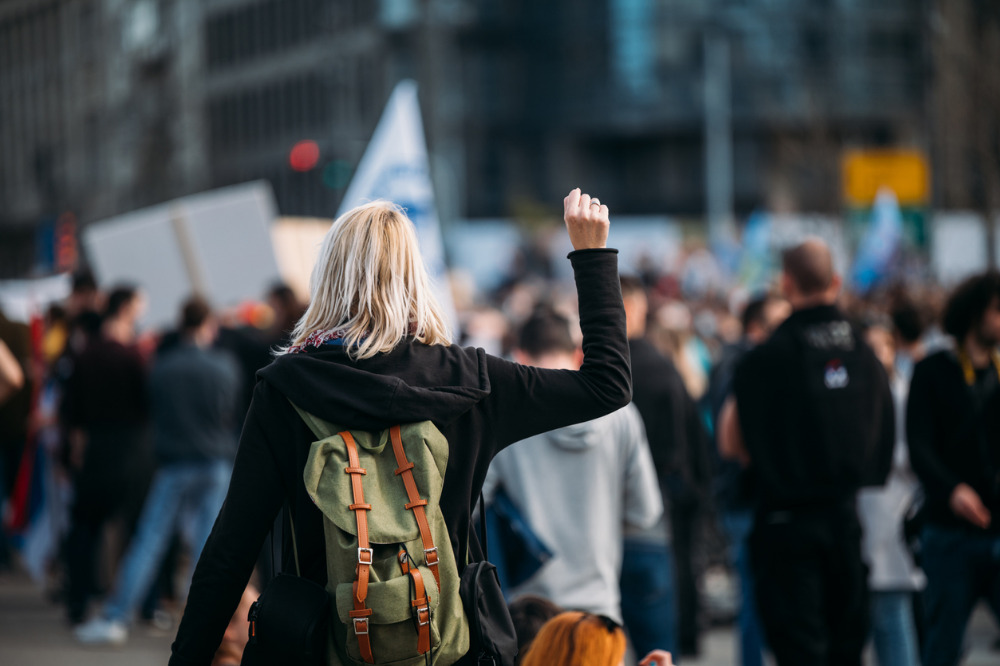
More than 300 schools across South Australia will close or operate in a reduced capacity today following the breakdown of negotiations between the teacher’s union and the government over pay and working conditions.
The decision, which will affect 62,500 students, follows a vote in which 80% of the South Australian Education Union members voted in favour of industrial action for the first time since 2019.
The South Australian Education Department confirmed 167 public schools and pre-schools will be closed, while another 152 schools will be open but operating reduced programs.
The union has been negotiating for an 8.6% pay rise in the first year of its new enterprise agreement with the SA Government, followed by a 5.5% increase in the following two years. However, the government is offering a 3% pay rise per year over three years, saying the budget cannot afford what the union is asking.
On Thursday, the Australian Education Union’s SA branch announced that thousands of public educators would be taking action “to secure a deal that provides real workload relief and long-overdue support for students.”
“After nine months of negotiations, the Premier is standing in the way of better educational outcomes for South Australian students”, the AEU’s SA branch president Andrew Gohl said in a statement.
“Every day, over 35,000 South Australian students are going without a consistent teacher. It is a crisis affecting schools and preschools right across our state. Teachers, leaders and support staff are doing their best to paper over the cracks and keep the system running, but this treatment cannot go on.”
Gohl said the overwhelming ‘yes’ vote on the ballot showed the union’s members “are not willing to accept an offer which would see the current crisis in public education continue”.
Education Minister Blair Boyer told 9News the government is “negotiating in good faith” with the union and is optimistic of a positive outcome to the impasse.
“Do I want to see this industrial action go ahead? Absolutely not. I'm also the father of three daughters in the public system. I'm not crying poorer as the minister, but we'll have to deal with that disruption,” Boyer said.
"I know what it is like for families and I would like to see it avoided. It doesn't mean we're just going to agree with the terms of the union. That wouldn't be the wise thing to do, we need to come to an agreement. I think we are moving in a positive direction.”
Rebecca Collie Rebecca Collie, Scientia Associate Professor of Educational Psychology in the UNSW’s School of Education, said research shows that teachers’ workloads and the complexity of the job have greatly increased in recent years.
“This has played a part in the record levels of teacher attrition and shortages we now experience in Australia. Ensuring teachers have positive working conditions is essential for addressing these issues,” MCERA quoted Associate Professor Collie as saying today.
“Efforts to improve teachers’ working conditions should include appropriate levels of pay, provide teachers adequate time to complete administrative tasks, and provide teachers with appropriate support to best meet the needs of all students.”
Associate Professor Collie said positive working conditions such as these mean that teachers are more likely to stay in their job, to fare better in terms of their own wellbeing, and that their students’ learning and wellbeing outcomes are also improved.
The South Australian Education Department has published a full list of the schools impacted by the industrial action on its website.


